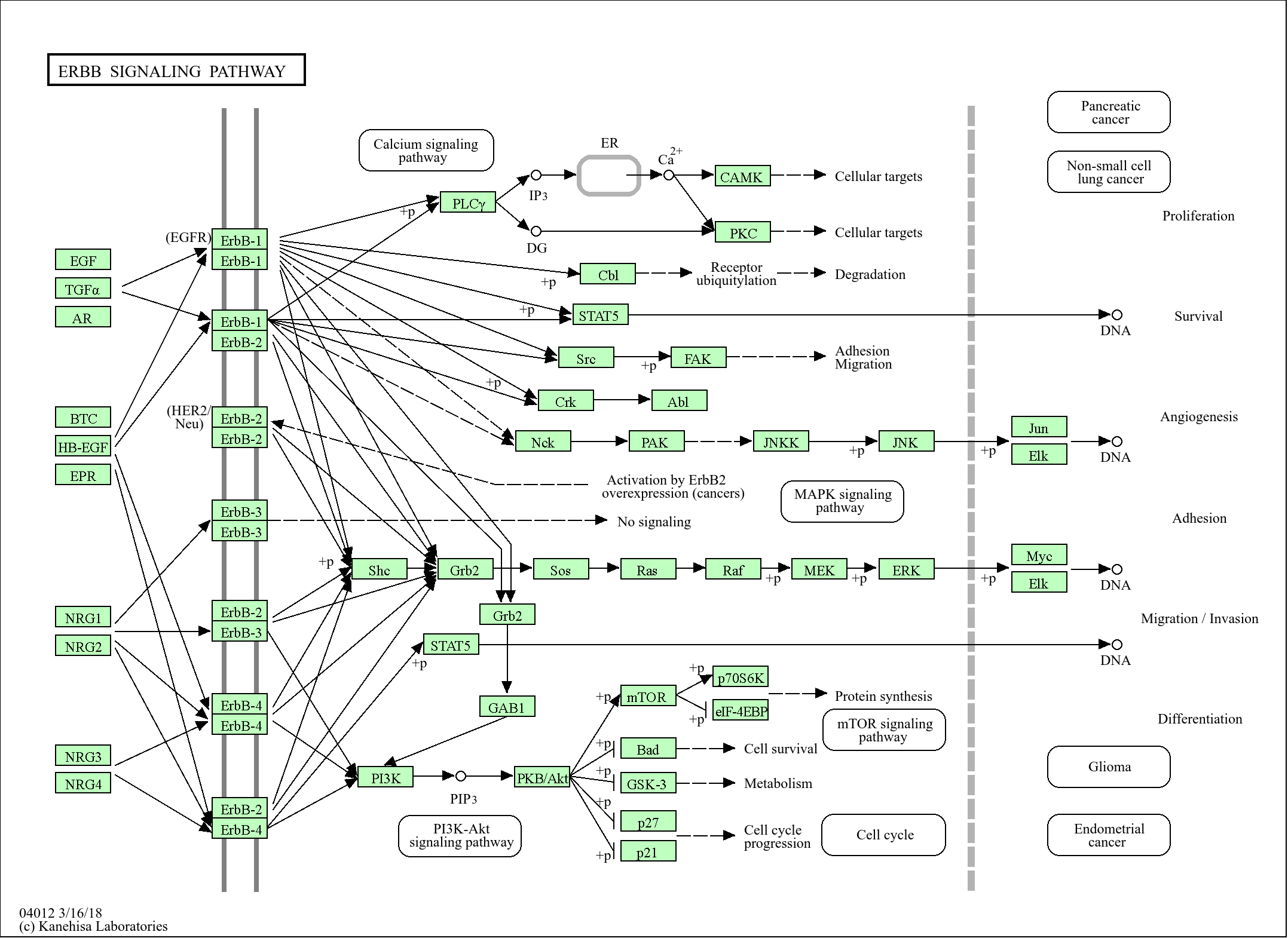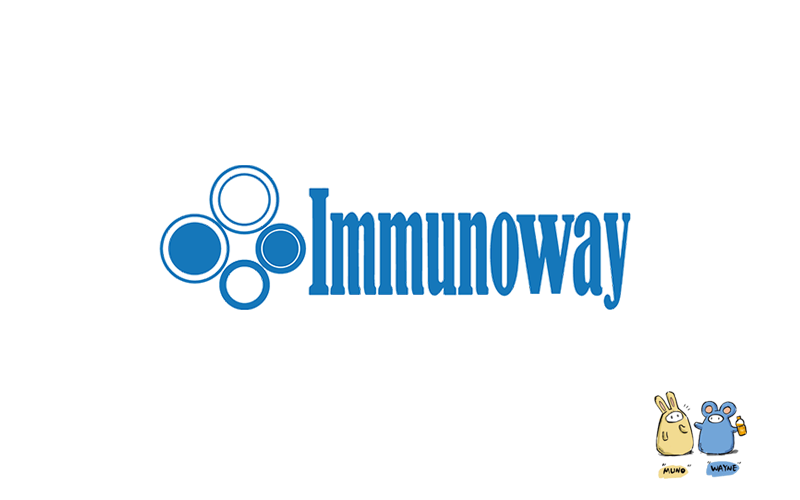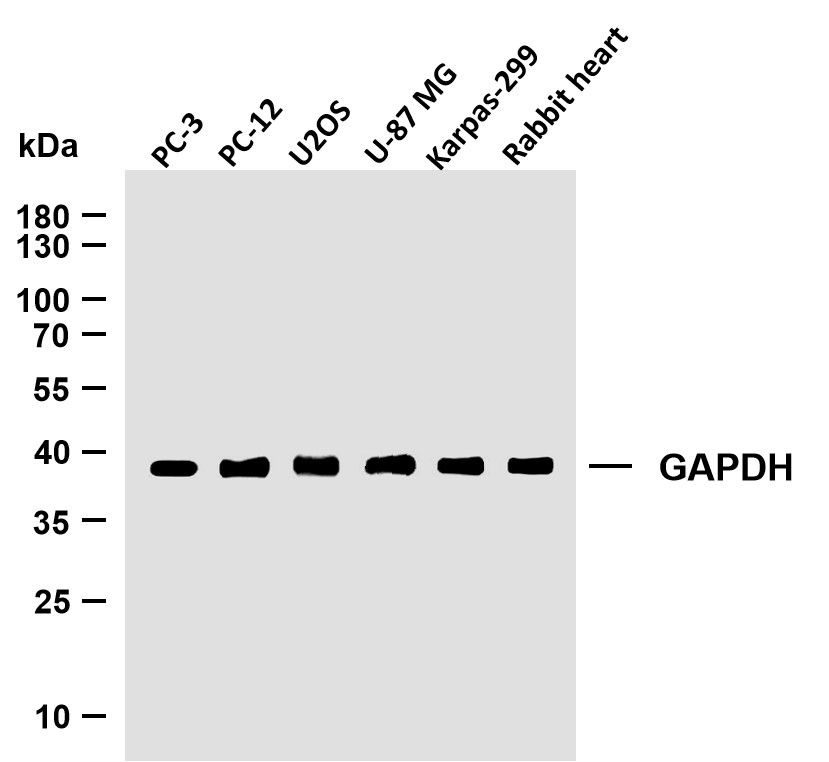
Catalog: YP0633
Size
Price
Status
Qty.
200μL
$600.00
In stock
0
100μL
$340.00
In stock
0
50μL
$190.00
In stock
0
Add to cart


Collected


Collect
Main Information
Target
Glycogen Synthase 1
Host Species
Rabbit
Reactivity
Human, Mouse, Rat
Applications
WB, IHC, IF, ELISA
MW
83kD (Observed)
Conjugate/Modification
Phospho
Detailed Information
Recommended Dilution Ratio
WB 1:500-1:2000; IHC 1:100-1:300; ELISA 1:5000; IF 1:50-200
Formulation
Liquid in PBS containing 50% glycerol, 0.5% BSA and 0.02% sodium azide.
Specificity
Phospho-Glycogen Synthase 1 (S645) Polyclonal Antibody detects endogenous levels of Glycogen Synthase 1 protein only when phosphorylated at S645.The name of modified sites may be influenced by many factors, such as species (the modified site was not originally found in human samples) and the change of protein sequence (the previous protein sequence is incomplete, and the protein sequence may be prolonged with the development of protein sequencing technology). When naming, we will use the "numbers" in historical reference to keep the sites consistent with the reports. The antibody binds to the following modification sequence (lowercase letters are modification sites):PPsPS
Purification
The antibody was affinity-purified from rabbit antiserum by affinity-chromatography using epitope-specific immunogen.
Storage
-15°C to -25°C/1 year(Do not lower than -25°C)
Concentration
1 mg/ml
MW(Observed)
83kD
Modification
Phospho
Clonality
Polyclonal
Isotype
IgG
Related Products
Antigen&Target Information
Immunogen:
The antiserum was produced against synthesized peptide derived from human Glycogen Synthase around the phosphorylation site of Ser645. AA range:611-660
show all
Specificity:
Phospho-Glycogen Synthase 1 (S645) Polyclonal Antibody detects endogenous levels of Glycogen Synthase 1 protein only when phosphorylated at S645.The name of modified sites may be influenced by many factors, such as species (the modified site was not originally found in human samples) and the change of protein sequence (the previous protein sequence is incomplete, and the protein sequence may be prolonged with the development of protein sequencing technology). When naming, we will use the "numbers" in historical reference to keep the sites consistent with the reports. The antibody binds to the following modification sequence (lowercase letters are modification sites):PPsPS
show all
Gene Name:
GYS1
show all
Protein Name:
Glycogen [starch] synthase muscle
show all
Other Name:
GYS1 ;
GYS ;
Glycogen [starch] synthase ;
muscle
GYS ;
Glycogen [starch] synthase ;
muscle
show all
Database Link:
Background:
The protein encoded by this gene catalyzes the addition of glucose monomers to the growing glycogen molecule through the formation of alpha-1,4-glycoside linkages. Mutations in this gene are associated with muscle glycogen storage disease. Alternatively spliced transcript variants encoding different isoforms have been found for this gene.[provided by RefSeq, Sep 2009],
show all
Function:
Catalytic activity:UDP-glucose ((1->4)-alpha-D-glucosyl)(n) = UDP + ((1->4)-alpha-D-glucosyl)(n+1).,Disease:Defects in GYS1 are the cause of muscle glycogen storage disease type 0 (GSD0b) [MIM:611556]; also called muscle glycogen synthase deficiency. GSD0 is a metabolic disorder characterized by fasting hypoglycemia presenting in infancy or early childhood. The role of muscle glycogen is to provide critical energy during bursts of activity and sustained muscle work.,enzyme regulation:Allosteric activation by glucose-6-phosphate. Phosphorylation reduces the activity towards UDP-glucose. When in the non-phosphorylated state, glycogen synthase does not require glucose-6-phosphate as an allosteric activator; when phosphorylated it does.,Function:Transfers the glycosyl residue from UDP-Glc to the non-reducing end of alpha-1,4-glucan.,pathway:Glycan biosynthesis; glycogen biosynthesis.,similarity:Belongs to the glycosyltransferase 3 family.,
show all
Cellular Localization:
cytosol,membrane,inclusion body,
show all
Tissue Expression:
Research Areas:
>>Starch and sucrose metabolism ;
>>Metabolic pathways ;
>>PI3K-Akt signaling pathway ;
>>AMPK signaling pathway ;
>>Insulin signaling pathway ;
>>Glucagon signaling pathway ;
>>Insulin resistance ;
>>Diabetic cardiomyopathy
>>Metabolic pathways ;
>>PI3K-Akt signaling pathway ;
>>AMPK signaling pathway ;
>>Insulin signaling pathway ;
>>Glucagon signaling pathway ;
>>Insulin resistance ;
>>Diabetic cardiomyopathy
show all
Signaling Pathway
Organismal Systems >> Endocrine system >> Insulin signaling pathway
Organismal Systems >> Endocrine system >> Glucagon signaling pathway
Environmental Information Processing >> Signal transduction >> PI3K-Akt signaling pathway
Environmental Information Processing >> Signal transduction >> AMPK signaling pathway
Reference Citation({{totalcount}})
Catalog: YP0633
Size
Price
Status
Qty.
200μL
$600.00
In stock
0
100μL
$340.00
In stock
0
50μL
$190.00
In stock
0
Add to cart


Collected


Collect
Recently Viewed Products
Clear allPRODUCTS
CUSTOMIZED
ABOUT US
Toggle night Mode
{{pinfoXq.title || ''}}
Catalog: {{pinfoXq.catalog || ''}}
Filter:
All
{{item.name}}
{{pinfo.title}}
-{{pinfo.catalog}}
Main Information
Target
{{pinfo.target}}
Reactivity
{{pinfo.react}}
Applications
{{pinfo.applicat}}
Conjugate/Modification
{{pinfo.coupling}}/{{pinfo.modific}}
MW (kDa)
{{pinfo.mwcalc}}
Host Species
{{pinfo.hostspec}}
Isotype
{{pinfo.isotype}}
Product {{index}}/{{pcount}}
Prev
Next
{{pvTitle}}
Scroll wheel zooms the picture
{{pvDescr}}



















